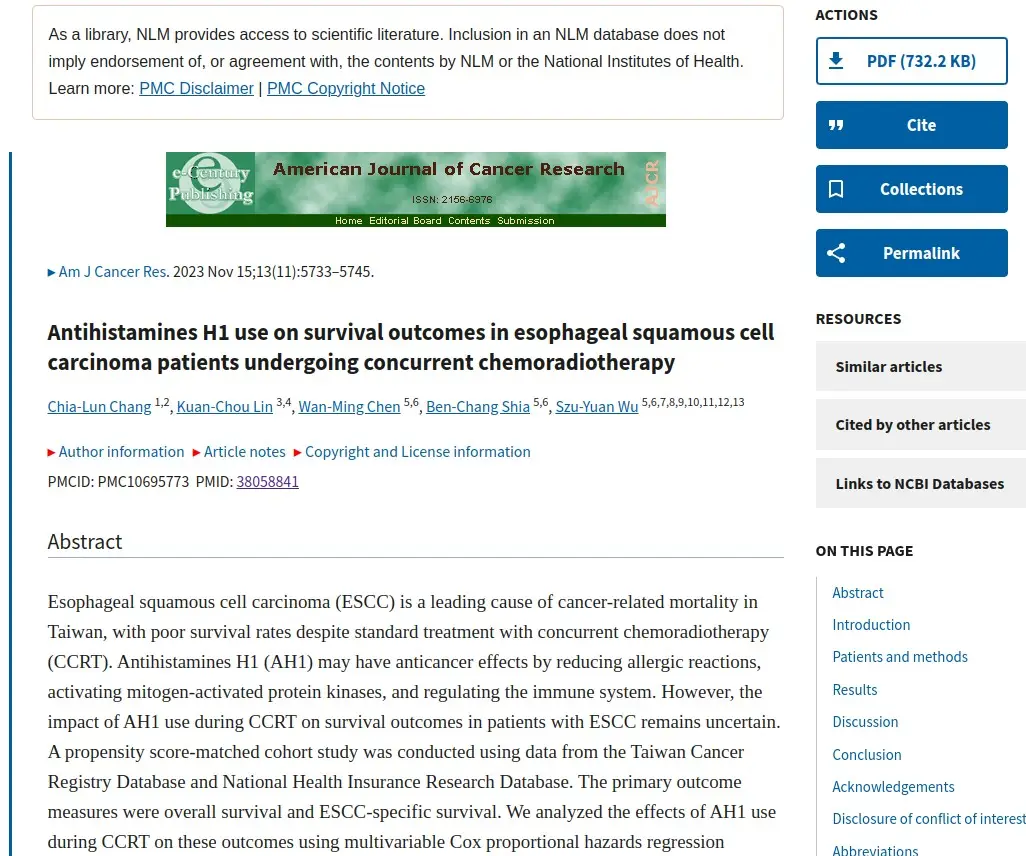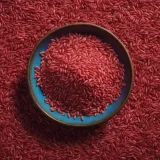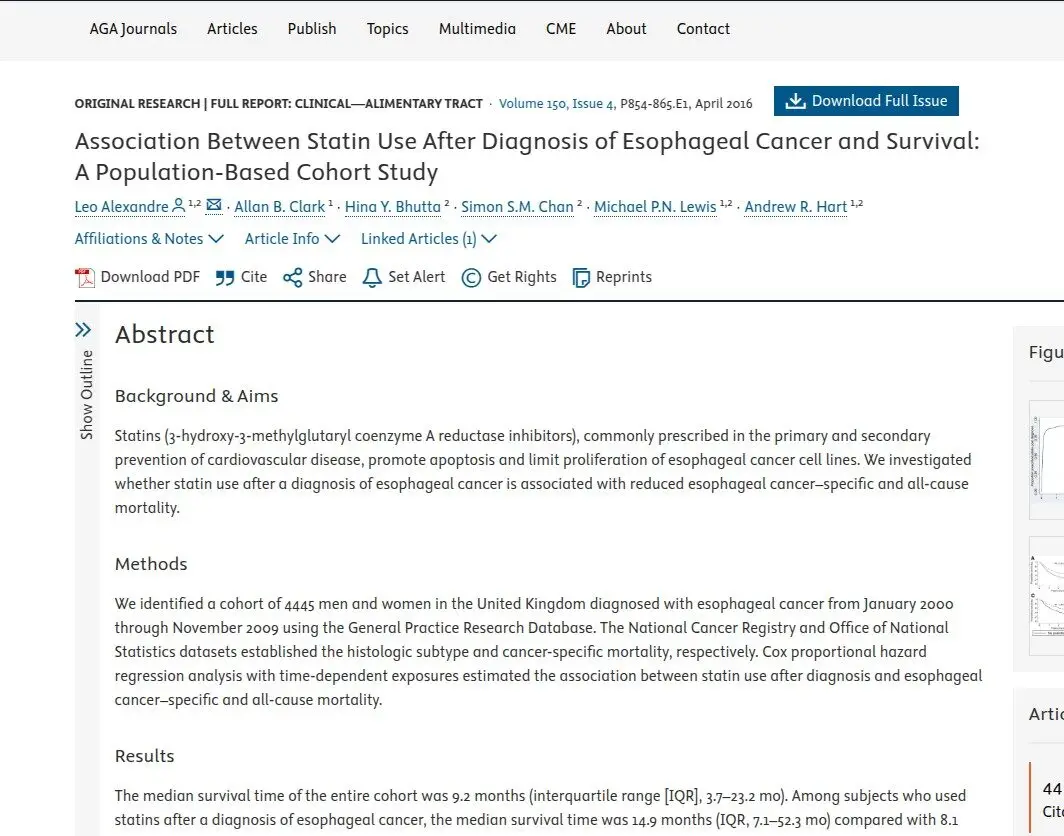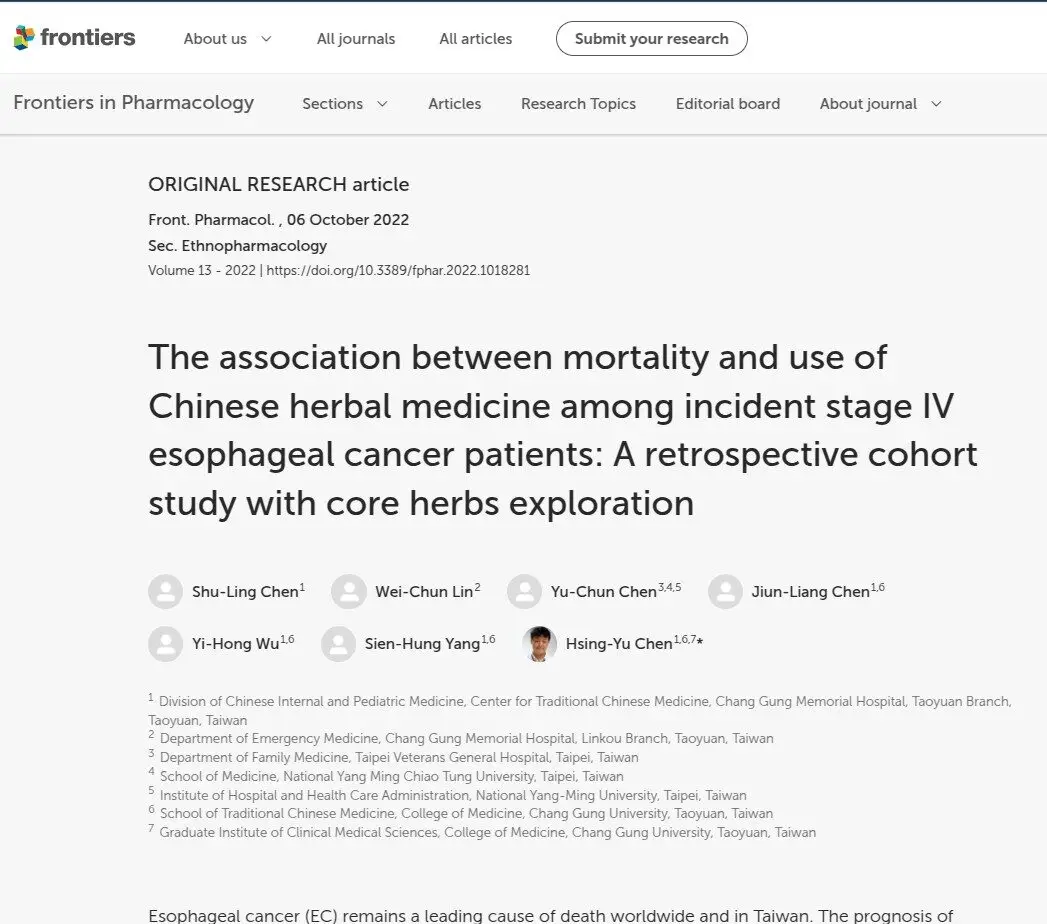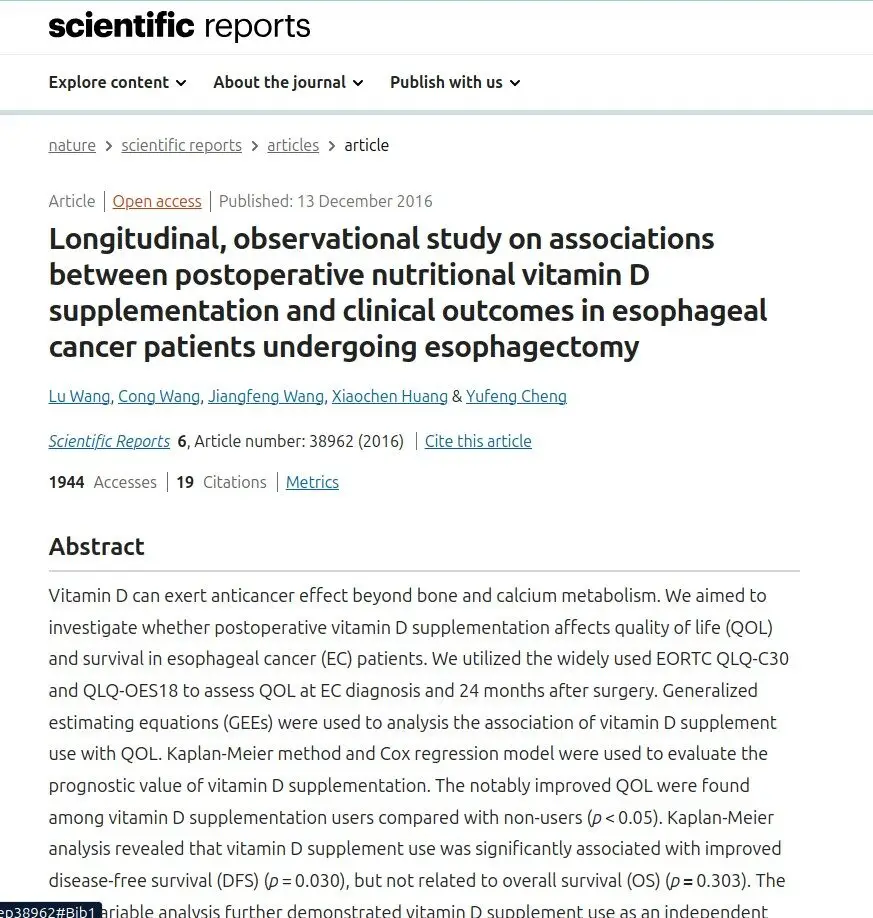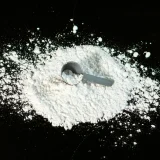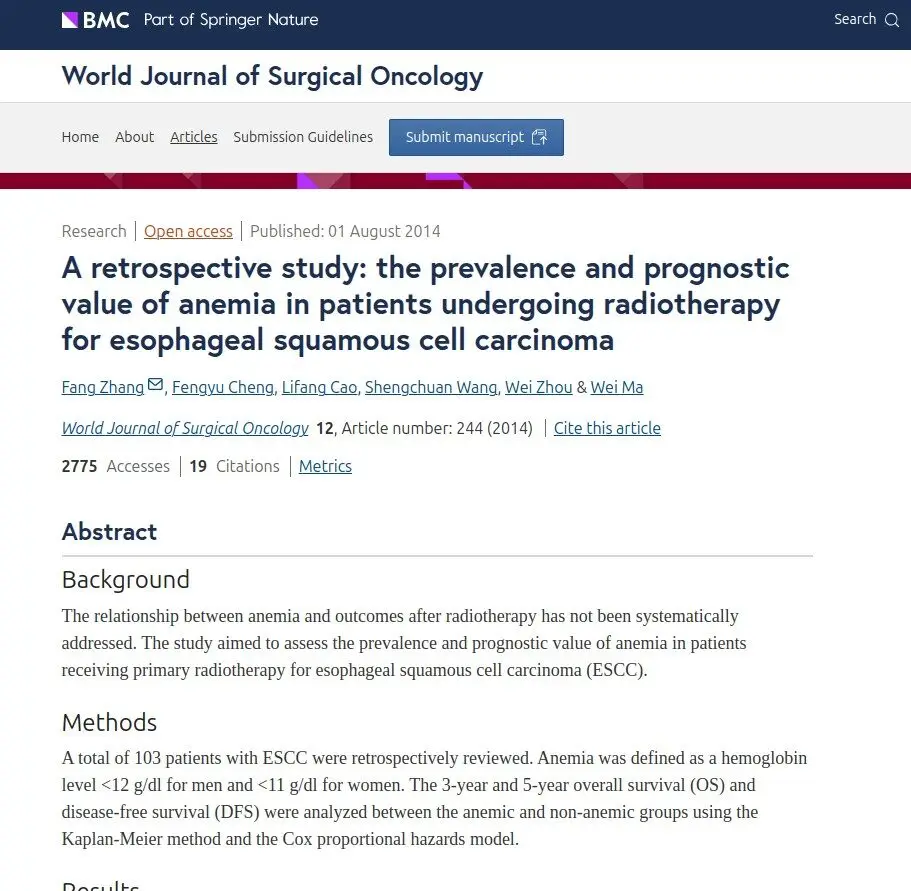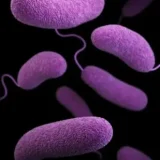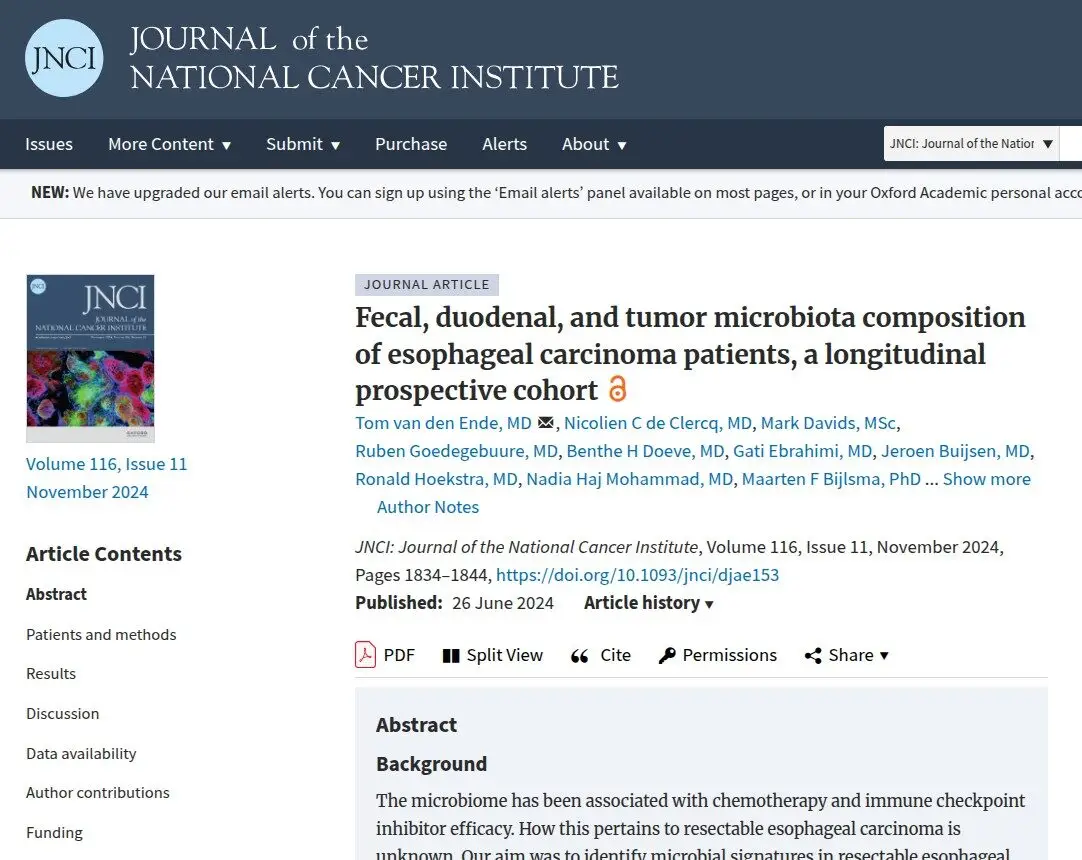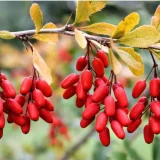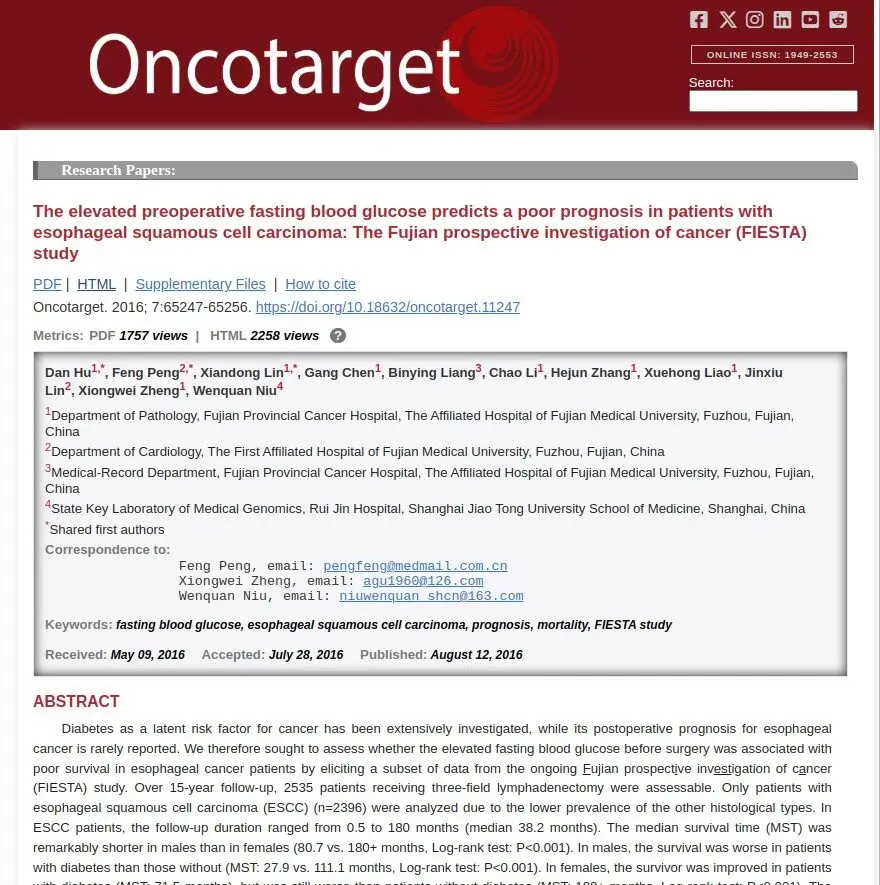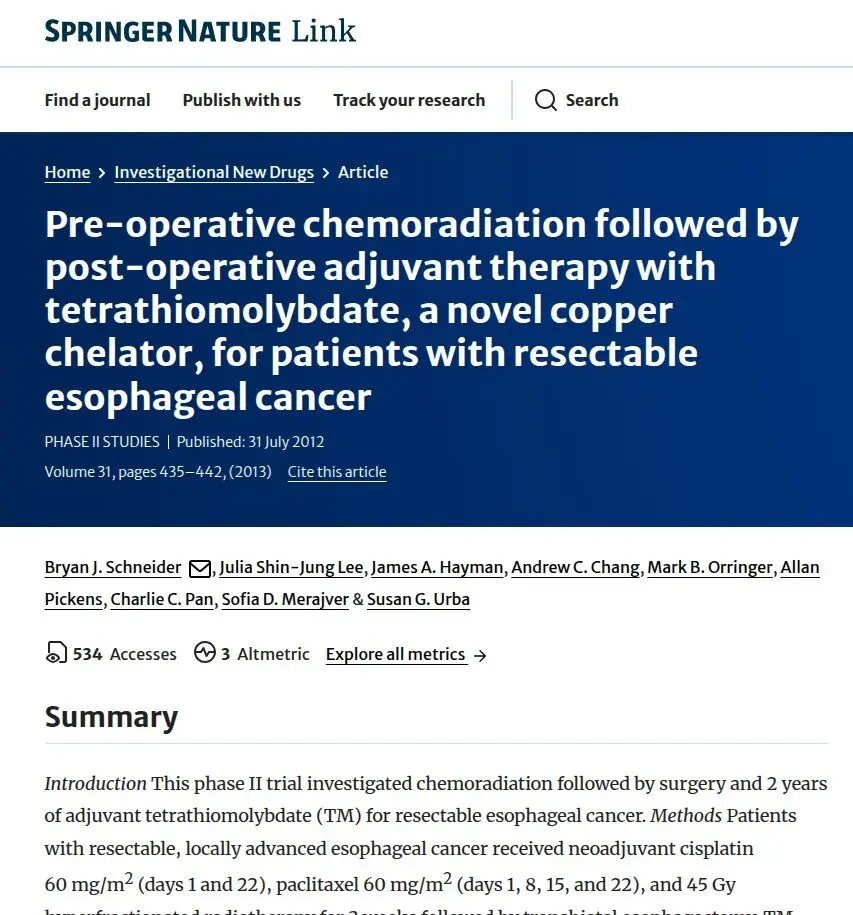Despite being one of the less researched cancers, there are several opportunities in supplements, over the counter drugs and diet that can really improve treatment results in esophageal cancers. Surprisingly, these results are often more than can be found in some of the trials for incoming oncology drugs. Whilst often lowering serious side effects and improving all cause disease risk.
Multiple national scale studies of patient records report substantially improved outcomes in users of H1 class antihistamines. Those include desloratadine, loratadine, ebastine and others. This is attracting more research attention as evidence increases in oncology, including during immunotherapy.
Statin use has shown mixed evidence in esophageal cancer patient data, but a 2016 analysis identifies where more substantial benefits are seen; for post-diagnostic use and in adenocarcinoma variants, especially in low dose regimens. Where a prescription is lacking, red yeast rice is a good alternative. Otherwise atorvastatin and simvastatin are most frequent in clinical trials. There is less clear evidence on the benefits of vitamin D3 supplementation, but at least one study found both increases in progression free survival and improved quality of life leading to a recommendation on taking supplements.
Systemic inflammation is linked with increased risks for progression, especially in later stages. Both acute type inflammatory responses measured by C-reactive protein, and immune system related neutrophil-to-lymphocyte ratios (NLR). Maintaining relatively lower levels of both make a substantial difference. Recent studies on the benefits of chinese herbal extracts showed some significant improvements in those adding them to their oncology program. Five single herbs are called out in the report, including Astraglus and Danshen, which have entries here, and also Hedyotis diffusa (oldenlandia). Astragalus root has evidence of improving immune system balance and NLR while curcumin and other other functional foods including garlic can help bring down CRP.
In a somewhat similar theme, another recent study of microbiome diversity showed similarly large advantages in those able to maintain levels of several key gut microbiota. Several functional foods are interesting here, and in the example of oat/ egg based commercial brands there is also ongoing research relevant to most solid tumors.
The so called Th1/Th2 immune system balance is strongly linked to the progression in esophageal cancers, and to treatment resistance. Molecular iodine solutions are emerging in this area in breast cancer management, seen boosting Th1 anti tumor activity and helping suppress over active Th2 used in resistance. This has improved results in surgery plus chemotherapy and may support increased responses during immunotherapy (see Supplement Library). For immunotherapy the presence of high sodium levels is now identfied as a key marker for success in other cancers. Also in other cancers, AM treatment programs are substantially more effective that PM/evening sessions



